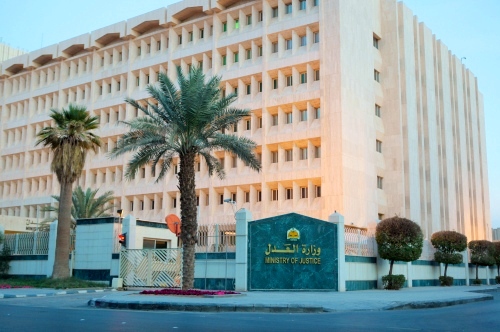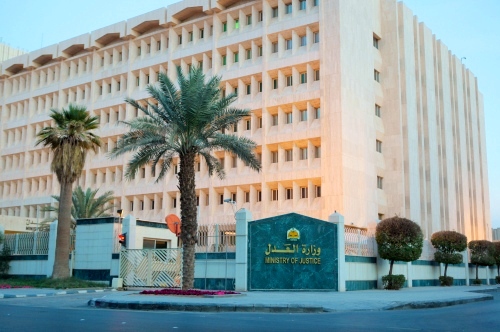The e-Commerce Council holds its sixth meeting and launches the e-commerce register and the stores documentation platform
The e-Commerce Council holds its sixth meeting and launches the e-commerce register and the stores documentation platform

The e-Commerce Council held its sixth meeting chaired by His Excellency Dr. Majid bin Abdullah Al Qasabi, Minister of Commerce and Investment.
The e-commerce register enables e-shop owners to present the commercial register through their electronic platforms.
The Register also enables real-time review of commercial registration data and access to store information at other government entities such as Saudization, Emiratisation, Municipality license, Zakat certificate, Chamber of Commerce membership and related licenses.
During the meeting, the new e-store documentation platform (Maarouf) was launched, enabling investors and entrepreneurs to issue an electronic commercial registration through the one-step authentication platform, and to process the online shopper’s reports directly. Replacement, retrieval and feedback from store beneficiaries.
The new authentication platform (Maarouf) allows consumers to report registered e-stores through authentication platforms, as well as to enable e-shop owners to initiate and process consumer reports.
The move is part of the E-Commerce Council’s initiatives aimed at developing and enhancing the e-commerce business system, which is one of the strategic objectives of the National Transformation Program in support of achieving the Kingdom’s Vision 2030 by creating an attractive and stimulating environment for investors.
During the meeting, the E-Commerce Council reviewed what has been achieved regarding the decisions taken in the previous meetings. The Council also discussed the various obstacles facing the e-commerce sector, building performance indicators that measure the progress of e-commerce in the Kingdom. Progress in the implementation of the Council’s initiatives and recommendations.
It should be noted that the Council of e-Commerce, which was approved by the Council of Ministers, was formed with the membership of 13 government bodies and 3 representatives of the private sector, with the aim of unifying efforts and focus on a number of areas, including logistics and digital payments. In addition to facilitating the e-commerce business, enhancing the reliability of its transactions and preserving consumer rights, and keeping abreast of the developments of the global e-commerce market
The Council is implementing 39 diverse initiatives that contribute to the development of the infrastructure of e-commerce and support related regulations and legislation, enabling payment systems, postal and logistics services, stimulating innovation in a number of areas and providing a package of services that enable small and medium enterprises to enter the field.






